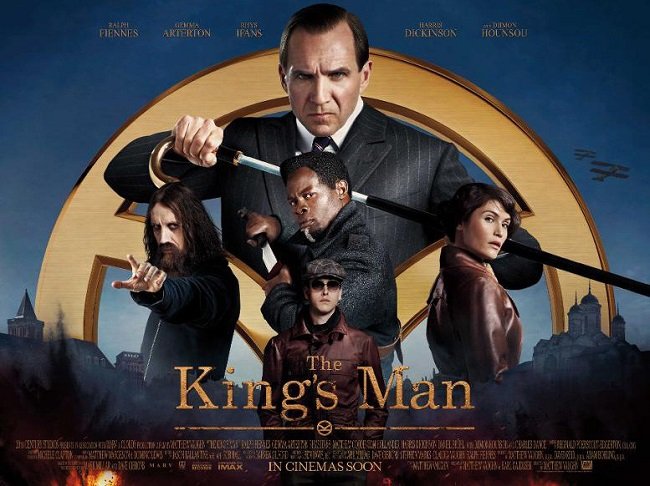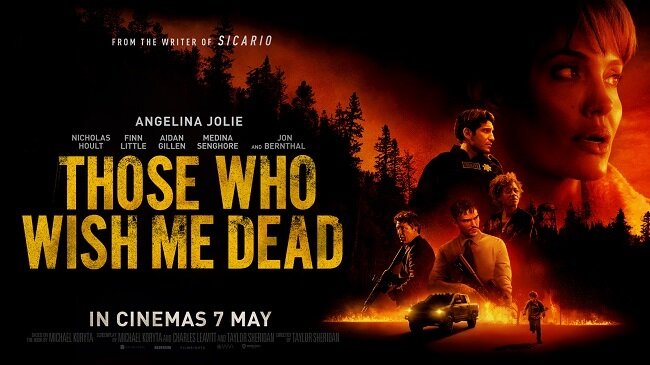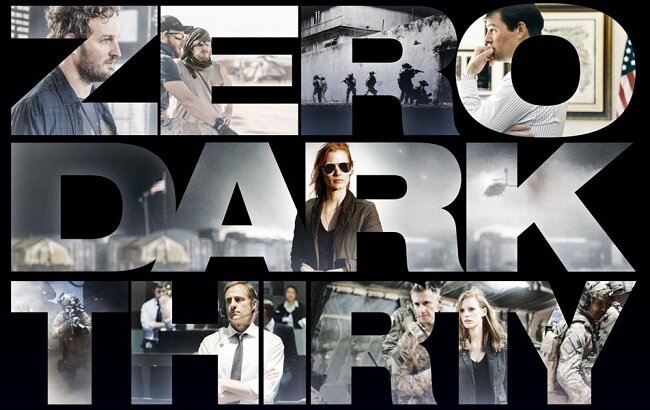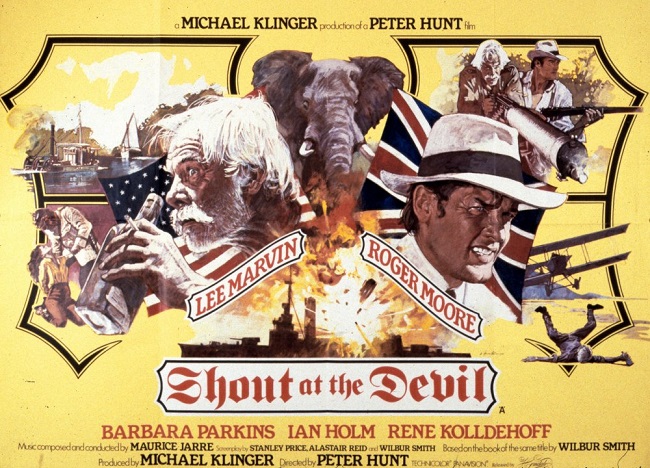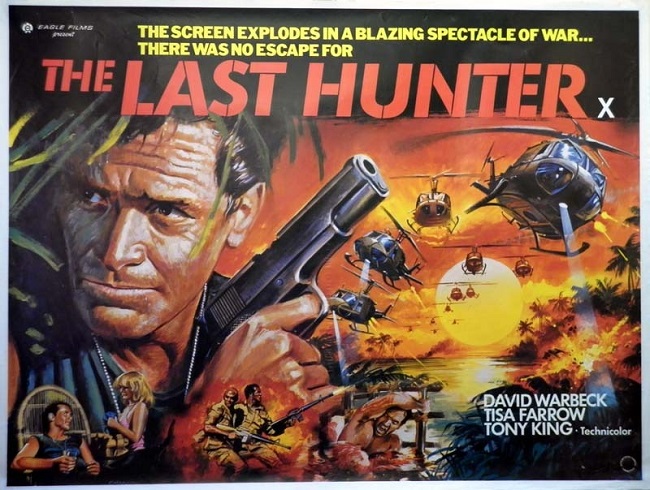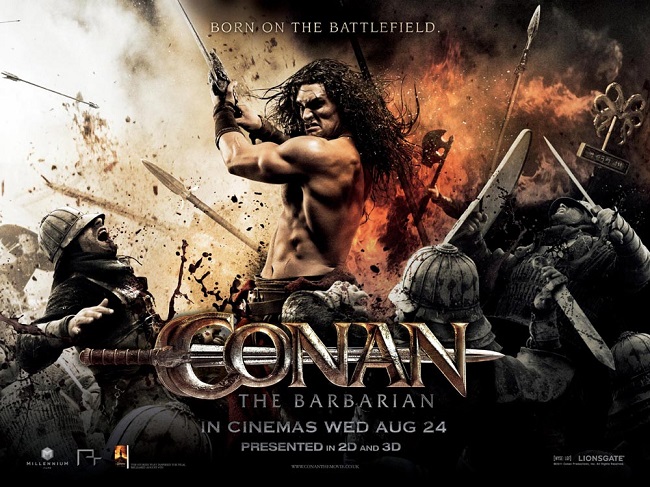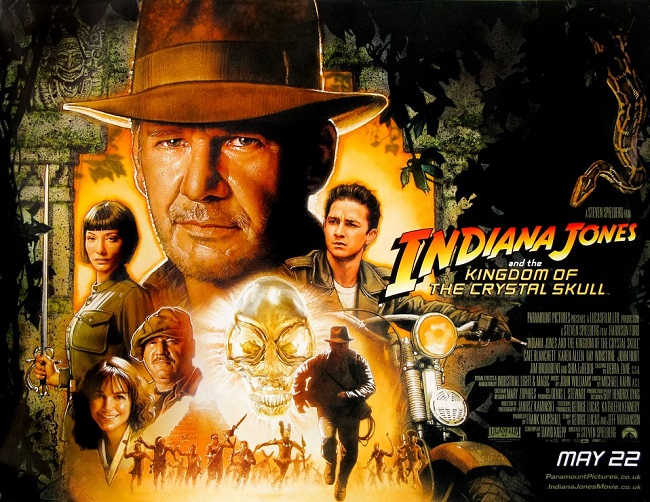Rambo: Last Blood (2019)
The enduring appeal of the character John Rambo in First Blood comes from the fact that he is a traumatised ex- service man who keeps himself to himself as he drifts from job to job, trying to come to terms with his wartime experiences. His poor treatment at the hands of a small-town Sheriff is a succinct metaphor for the social and political indifference that Vietnam veterans were shown upon their return to the US. He’s a man with a code in a world that no longer has any use for him. His simple and honest patriotism is not returned and he is in fact viewed with shame by many from the nation he loves. Furthermore, the first movie does not paint him as a cold-blooded killer. Despite provocation he is not the first person to shoot to kill. Rambo is in many ways a victim. A broken man, who society has asked to do unspeakable things. Now society wants nothing to do with him and fears the “monster” they created. Although clearly an action movie, First Blood had narrative depth and a flawed but sympathetic protagonist. 37 years and four movies later, such dramatic themes have long left the franchise. The central character is indeed a caricature of its former self.
After the events of Rambo (2008) John Rambo (Sylvester Stallone) returns to his home in Arizona, where he lives raising and selling horses which he manages with his Father’s old business partner Maria Beltran (Adriana Barraza), and her granddaughter Gabriela (Yvette Monreal). This surrogate family has provided John with stability and hope for the last decade and helped him face his inner demons. However, PTSD still plagues John and he often sleeps in a series of tunnels that he’s dug under his ranch as a form of self-therapy. Despite advice to the contrary, Gabriela goes to Mexico looking for her estranged Father. After meeting with an old school friend, Gizelle (Fenessa Pineda), a meeting is arranged but her Father rejects her. Upset by events, Gabriela goes to a nightclub with Gizelle to drown her sorrows. She is subsequently betrayed by her friend and falls into the hands of a human trafficking gang run by the Martinez Brothers. John comes looking for Gabriela and quickly has a run in with the violent gang. His actions have far reaching consequences leading to a show down at John’s heavily fortified ranch.
Rambo: Last Blood is curious hybrid genre film, sitting somewhere between Taken, Death Wish and a Friday the 13th movie. It’s quite different from previous instalments in both style and format. There are no covert missions, no skirmishes with foreign military forces and no schoolboy commentary on geopolitics. Instead director Adrian Grunberg (Get the Gringo) initially tries to focus on John Rambo coming to terms with his place in the world as he lives out his “retirement” on his Father’s ranch in quiet self-contemplation. The international version of the movie starts with an interesting prologue in which Rambo uses his tracking skills to try and rescue some tourist lost in a storm. His inability of save all of them triggers his PTSD. However, these scenes do not appear in the US and UK version of the movie. Furthermore, their relevance in the longer edit is soon lost as the movie quickly gives way to standard action movie and revenge tropes. From then on, we are subject to a generic kidnap and revenge fantasy, populated by decidedly two-dimensional characters. If you want copious amounts of action and gore then you have to wait 75 minutes for the final act, although there are a smattering of extreme unpleasantries along the way.
If Rambo: Last Blood had actually abandoned the premise of an action movie and instead been a character drama about John’s redemption through his adopted family, then this may well have been a far better film. But fans simply wouldn’t have supported such a radical change of direction and so we are subject to this tired and frankly uninspired undertaking. Although professionally made, it is best not to think too hard about narrative and themes of Rambo: Last Blood. Drug cartels and human trafficking are tough enough subjects to tackle in an intelligent and nuanced fashion. Even movies like Sicario struggle to dissect the complexities of these issues. Here they are simply just exploitation fodder, tinged with an undercurrent of racism. This is also a very mean spirited ending to John Rambo cinematic journey. Instead of finding some peace and a place in the world, he once again endures bereavement and a bleak future. As deluded right-wing revenge fantasies go this isn’t even a good one, because in winning he loses everything. Were both Stallone and Grunberg deliberately trying to make a statement that “wages of sin are death” and subvert the entire message of the franchise? No, I think they just painted themselves into a narrative corner due to the demands of fans and the producers to deliver what was expected.






